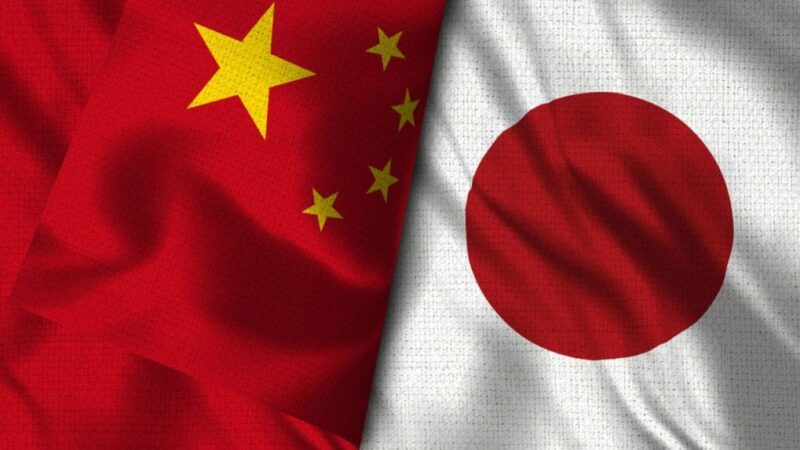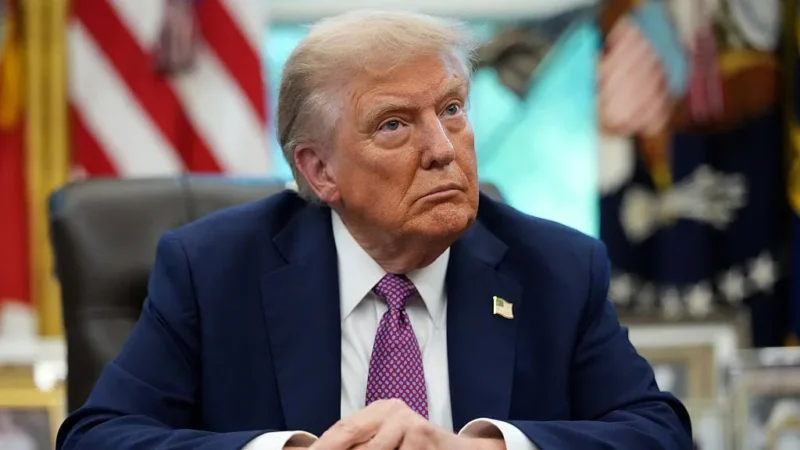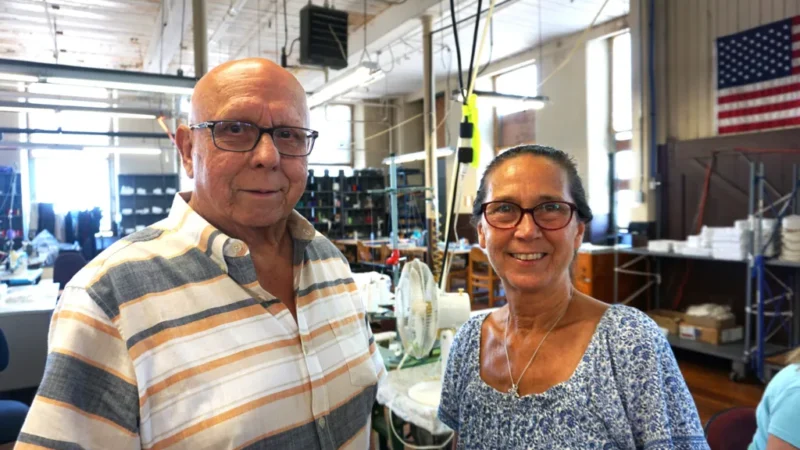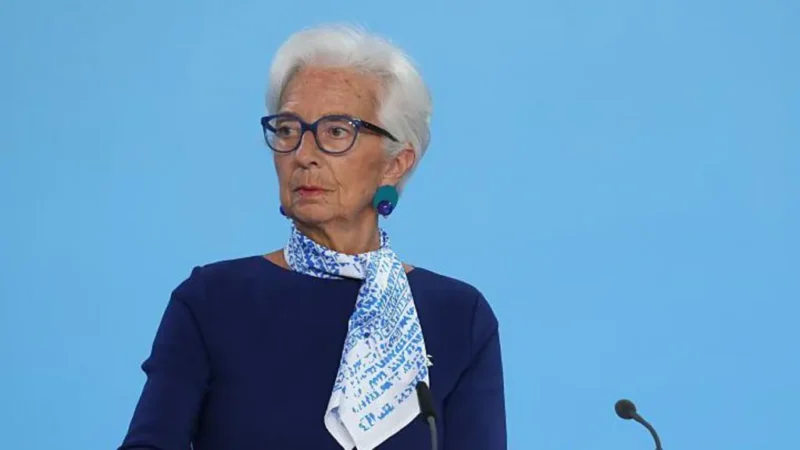Xi Urges Vietnam to Oppose US ‘Bullying’ Amid Intensifying Trade War
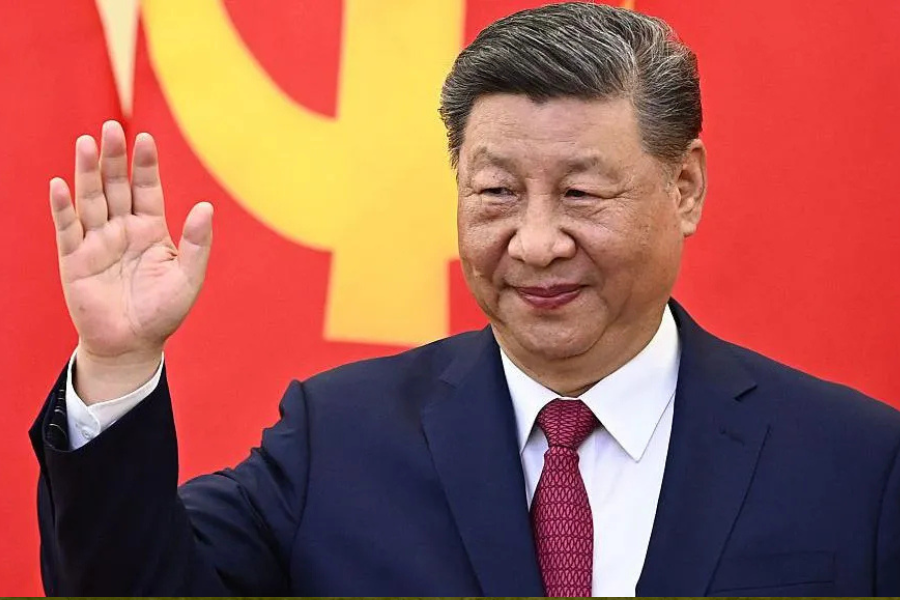
Chinese President Xi Jinping has called for unity with Vietnam against “unilateral bullying,” a thinly veiled swipe at the United States, during a high-profile visit to Hanoi. Though he didn’t mention the US directly, his comments come as tensions between Beijing and Washington escalate over trade.
Speaking alongside Vietnamese Communist Party Secretary-General To Lam, Xi emphasized the need to protect global trade norms and maintain the stability of industrial and supply chains. “We must strengthen strategic resolve… and uphold the stability of the global free trade system,” Xi said, according to China’s Xinhua News Agency.
The visit is part of a broader tour of Southeast Asia, which also includes Malaysia and Cambodia. While the trip was planned months in advance, its timing now underscores China’s effort to build regional alliances as the US ramps up its tariff strategy under President Donald Trump.
Earlier this month, the US imposed sweeping tariffs on Chinese imports, increasing levies to as much as 145%. Beijing swiftly retaliated with 125% tariffs on American goods. Vietnam, a major export hub to the US, was facing tariffs of up to 46% before the Trump administration temporarily paused them for 90 days.
Trump, speaking from the White House, criticized Xi’s meeting with Vietnamese leaders, calling it an attempt to strategize against American interests. “That’s a lovely meeting. Meeting like, trying to figure out, how do we screw the United States of America?” Trump said.
Stephen Olson, a former US trade negotiator, described Xi’s outreach as “a very shrewd tactical move,” suggesting that China is trying to position itself as a responsible global actor, in contrast to what it portrays as the US’s unpredictable trade approach.
Xi’s charm offensive comes amid a broader narrative effort to highlight China’s commitment to regional partnerships, especially in the face of US protectionism. However, analysts caution that Vietnam, while strengthening economic ties with China, will be careful not to appear aligned against Washington.
Vietnam remains a key trade partner for both powers, and Susannah Patton of the Lowy Institute noted that the country will “manage the perception that it is colluding with China against the United States.”
Xi has now departed Vietnam and is heading to Malaysia, where he is expected to meet King Abdullah and Prime Minister Anwar Ibrahim. There, Chinese tech firms Huawei and ZTE are helping launch Malaysia’s second 5G network—a move seen as further deepening economic ties in the region.
Analysts suggest Xi is leveraging the moment to bolster China’s image as a steady, long-term partner in contrast to an increasingly combative US administration.

